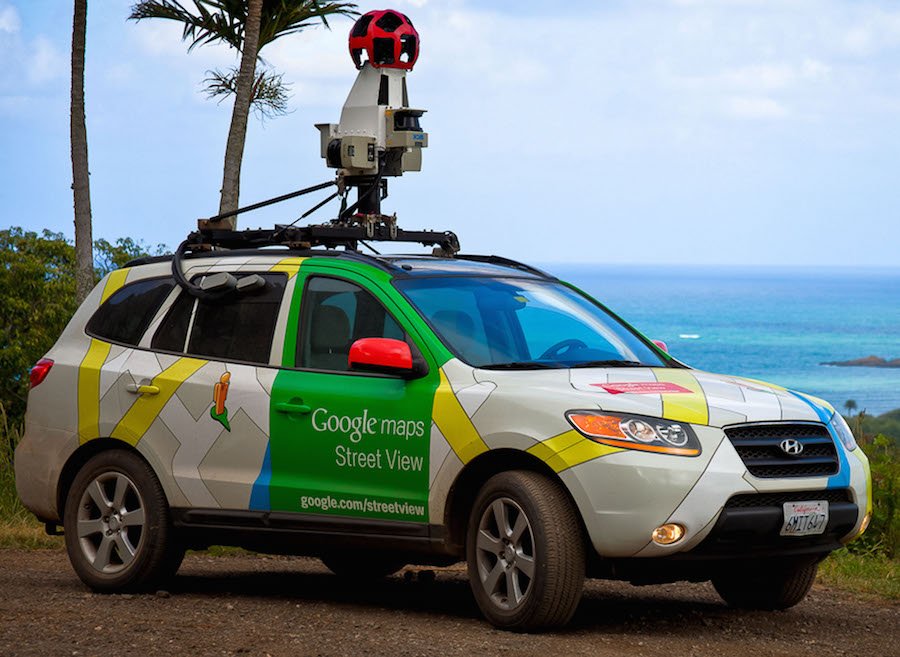It wasn't immediately clear where and when the accident took place, but company co-founder Sergey Brin said the vehicle was stopped at a traffic light and rear-ended by another driver. Brin made the revelation during the company's annual shareholder meeting, and it comes amid increasing scrutiny of the company's self-driving vehicle program.
Google had disclosed last month that its autonomous cars had been involved in 11 accidents over a six-year period, and attributed the causes of all those accidents to human errors. Safety advocates want the company to release records related to those accidents, but so far Google has not done so.
A shareholder pressed company executives on that point during Wednesday's meeting in Mountain View, Calif. John Simpson, an advocate with non-profit Consumer Watchdog, asked the company to release all the accident reports so the public can understand what went wrong.
Brin answered, provided a synopsis of the accidents thus far. He said, "It's basically the summary we've already given you. I suppose we could give you more detail and we're open to that."
A Google spokesperson reached Wednesday couldn't immediately say whether the company would release records. Under California law, accident records are not public information. But since Google and other automakers are testing advanced self-driving technology on public roads, Simpson believes the public has a heightened interest in how the self-driving car technology develops. Delphi Automotive, by comparison, released the accident report from its lone self-driving car crash.
"When it goes right, that's wonderful," Simpson said, "and when it goes wrong, we want to know why."
Last month, a company spokesperson said Google had completed nearly 1 million miles of autonomous testing, and the fleet of approximately 20 cars had been on the road for 1.7 million miles of combined autonomous and manual driving.
Of the dozen self-reported crashes, Brin said Wednesday that Google cars were rear-ended in seven or eight of the incidents. Two occurred when the cars were struck or sideswiped while in motion. One occurred when a Google employee was in control of the car, and that person accidentally rear-ended another driver.
"I'm very proud of the record of our cars," he said. "By the way, we don't claim we'll be perfect. Our goal is to beat human drivers, not be perfect. I'm very pleased we've done as well as we have."
Earlier in Wednesday's shareholder meeting, Google executive chairman Eric Schmidt echoed similar sentiments, noting more than 90 percent of car accidents are caused by human error. With approximately 33,000 people killed on American highways every year, he said the self-driving car has the potential to greatly reduce vehicular deaths and injuries.
"We're very, very close to a world with cars that can operate without intervention," he said. "I'm convinced that 100 years from now, our kids and grandkids will see some handsome young actor in an old movie, who gets in the car and drives it. They'll all giggle and say, 'You let that guy drive a car? What a dangerous concept!'"
Related News



